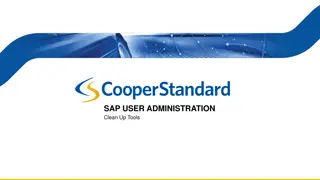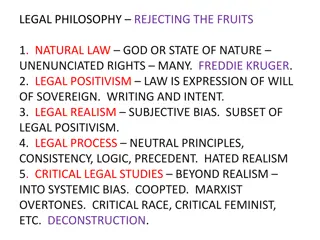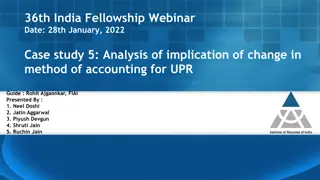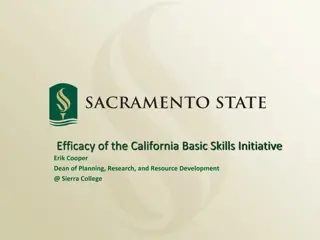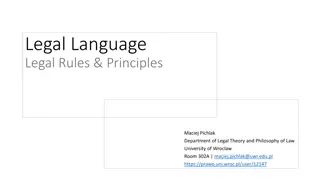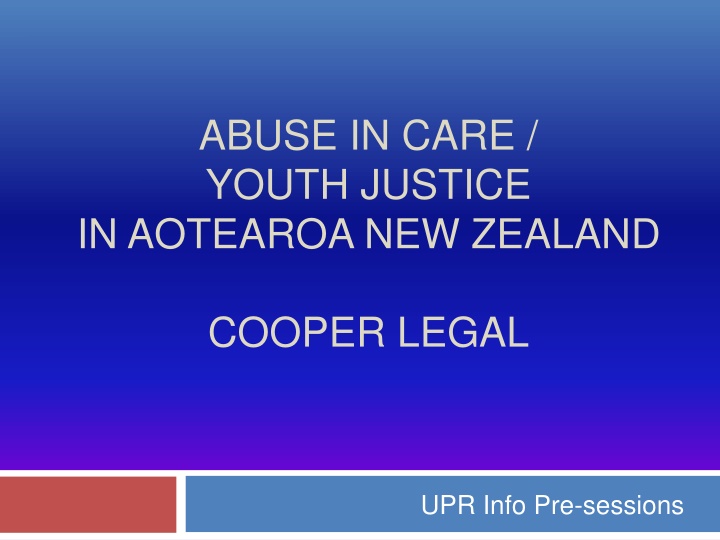
Addressing Abuse in Care and Youth Justice System in New Zealand
"Explore key issues of abuse in care and youth justice, including systemic failures, barriers to justice, and recommendations for redress. Discover the impact on survivors and the need for systemic changes in New Zealand's approach to youth justice. Uncover the connection between care system involvement and youth imprisonment, highlighting the importance of early intervention and support."
Download Presentation

Please find below an Image/Link to download the presentation.
The content on the website is provided AS IS for your information and personal use only. It may not be sold, licensed, or shared on other websites without obtaining consent from the author. If you encounter any issues during the download, it is possible that the publisher has removed the file from their server.
You are allowed to download the files provided on this website for personal or commercial use, subject to the condition that they are used lawfully. All files are the property of their respective owners.
The content on the website is provided AS IS for your information and personal use only. It may not be sold, licensed, or shared on other websites without obtaining consent from the author.
E N D
Presentation Transcript
ABUSE IN CARE / YOUTH JUSTICE IN AOTEAROA NEW ZEALAND COOPER LEGAL UPR Info Pre-sessions
Redress for Survivors of Abuse in State Care Key Issues Increasing incidents of physical, sexual and psychological abuse and neglect in State care Persistent systemic failures and systemic racism in State care Denial of effective remedies for survivors of abuse in State care Survivors are offered a pittance to compensate them for life-long and intergenerational harm, especially compared to similar countries.
Recommendations Redress Reaffirm commitment to the recommendations of the Royal Commission of Inquiry into Abuse in Care Establish an independent redress scheme for survivors (Puretumu Torowh nui) Stop aggressive litigation tactics Remove barriers to access to justice (the Limitation Acts and ACC scheme)
Youth Justice Key Issues Lowering the minimum age of criminal responsibility for certain offences ( ram raids ) Criminalising care and protection issues Increasing punitive measures against children ( bootcamps ) Removing constitutional rights for tamariki M ori
Recommendations Youth Justice Raise the minimum age of criminal responsibility to at least 14 years Withdraw its commitment to repealing section 7AA of the Oranga Tamariki Act 1989 Prevent the underlying causes of youth offending Resource alternative services to address offending behaviour outside of criminal proceedings
The Justice Pipeline Care system Youth Justice Over 70% of youth in adult prison have a history of care and protection and/or youth justice involvement Those with both are significantly more likely to be imprisoned by the age of 22 We see no support given to these children until they enter the youth justice system at age 14 Care and protection issues are unaddressed and then criminalised E.g. FASD, lack of education, substance dependency, family violence Adult Prison
Case Study - Whakapakari Isolated youth camp on Great Barrier Island Lord of the Flies Horrific physical, sexual and psychological abuse and neglect by staff Projected economic loss to survivors: $600,000 to $900,000 Average redress to survivors: $25,000 to $30,000 or less History repeats: Government has announced intention to create military style bootcamps for young offenders





